
Stevie Wonder is one of the most outrageously talented figures to emerge from the popular music era. His first song to hit number one was recorded when he was 12 years old, and he continued to have hits through the 1960s as a teenager like ‘For Once In My Life’ and ‘My Cherie Amour’, as part of the Motown machine.
In 1971, at the age of 21, he wrested control of his career from Motown, and with Where I’m Coming From began a series of acclaimed albums where he produced, wrote, and often played the bulk of the instruments. While Wonder’s often associated with keyboard instruments, he’s also a virtuoso harmonica player and a distinctive drummer. His 1970s albums were ground-breaking sonically, due to his collaboration with engineers Robert Margouleff and Malcolm Cecil who allowed him to access newly developed synthesizer technology. While lyrics were never Wonder’s strong point, his increasing interest in social issues helped to give his music more depth.
Despite pushing artistic boundaries, Wonder succeeded commercially and also dominated the Grammy awards during the mid-1970s, with his three masterpieces from the period, Innervisions, Fullfillingness‘ Last Finale, and Songs in the Key of Life, all justifiably receiving recognition as album of the year. This was an amazing achievement, as Wonder also had to deal with a serious car crash just after Innervisions was released, while his entourage forced him to stop his collaboration with Margouleff and Cecil before 1976’s Songs in the Key of Life.
On this page, I’ve only covered Wonder’s peak era, between 1971 and 1982. I’ve also included his two 1970s collaborations with Syreeta Wright, of which Stevie Wonder Presents: Syreeta is very strong and well worth discovering.
Stevie Wonder Album Reviews
The Jazz Soul of Little Stevie | Tribute to Uncle Ray | With a Song in My Heart | Stevie at the Beach | Up-Tight | Down to Earth | I Was Made to Love Her | Someday at Christmas | Eivets Rednow | For Once in My Life | My Cherie Amour | Signed, Sealed & Delivered | Where I’m Coming From | Music of My Mind | Syreeta (by Syreeta Wright) | Talking Book | Innervisions | Stevie Wonder presents Syreeta (by Syreeta Wright) | Fulfillingness’ First Finale | Songs in the Key of Life | Stevie Wonder’s Journey Through The Secret Life of Plants | Hotter Than July | Stevie Wonder’s Original Musiquarium I | The Woman in Red | In Square Circle | Characters | Jungle Fever | Conversation Peace | A Time to Love
Favourite Album: Fullfillingness‘ Last Finale
Overlooked Gem: Stevie Wonder Presents: Syreeta
Where I’m Coming From
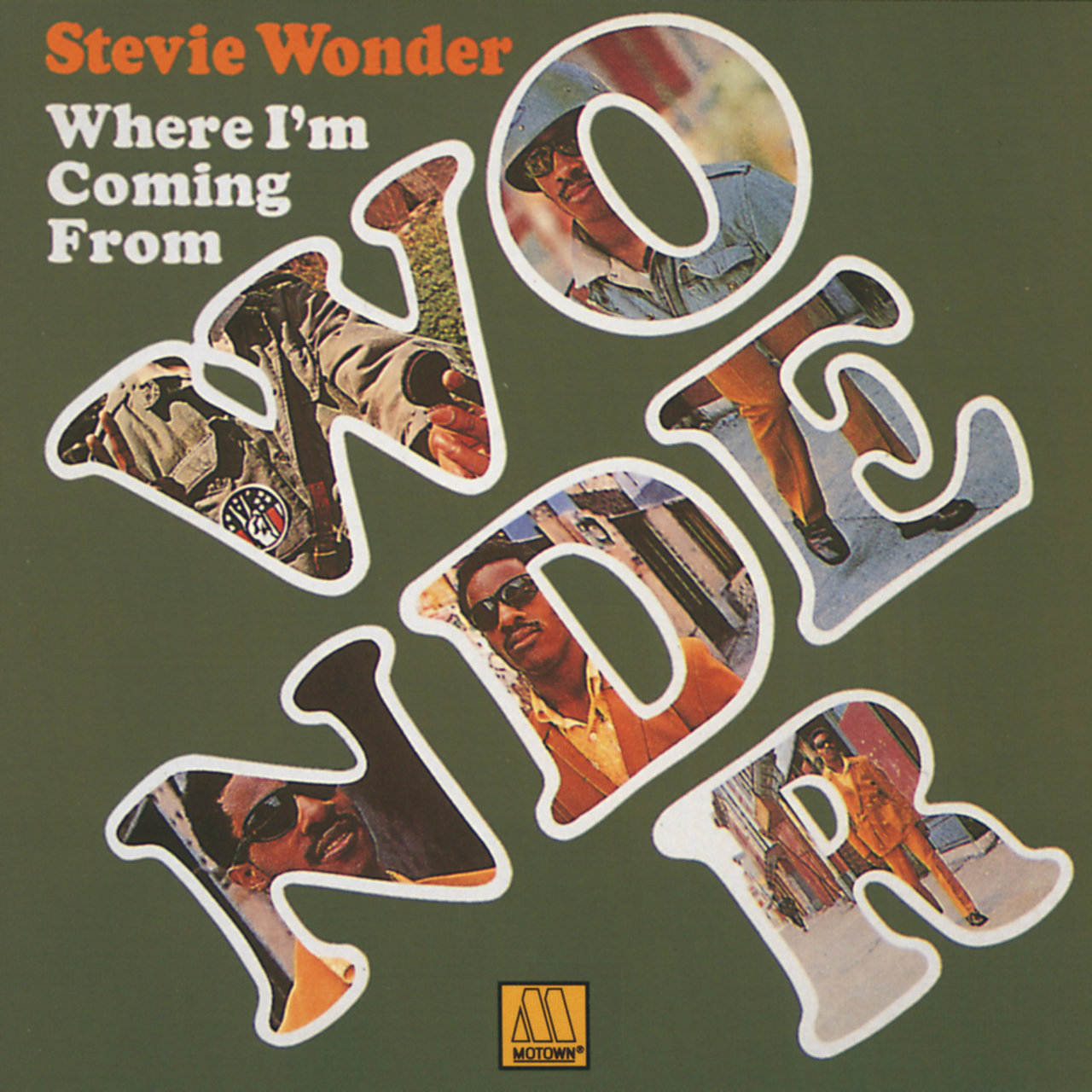
1971, 6/10
After a decade as a Motown child star, Stevie Wonder released his first fully self-produced album Where I’m Coming From. Reaching the age of 21, Wonder was able to renegotiate his Motown contract, and Where I’m Coming From is seen as his first fully-fledged adult album. It’s not as strong as the classic albums that follow it; it’s awkward in places, and there’s an odd grab bag of styles.
The album opens with stately harpsichord on ‘Look Around’, there are also boring slow ballads like ‘Think Of Me As Your Soldier’, while ‘Take Up A Course in Happiness’ is pure schmaltz. There’s also strong material; the most memorable track is the single ‘If You Really Love Me’, with its upbeat and horn-laced chorus juxtaposed against stately verses, while the pretty ‘Never Dreamed You’d Leave in Summer’ was recycled for the next album’s ‘Superwoman’. The clavinet and organ-laced ‘Do Yourself a Favour’ is another strong track.
Even if it’s Wonder’s first album in control, I wouldn’t start a Wonder exploration with Where I’m Coming From – it’s more like an interesting snapshot of a young Stevie trying lots of different things than a fully accomplished album, but it’s certainly fascinating for fans.
Music of My Mind
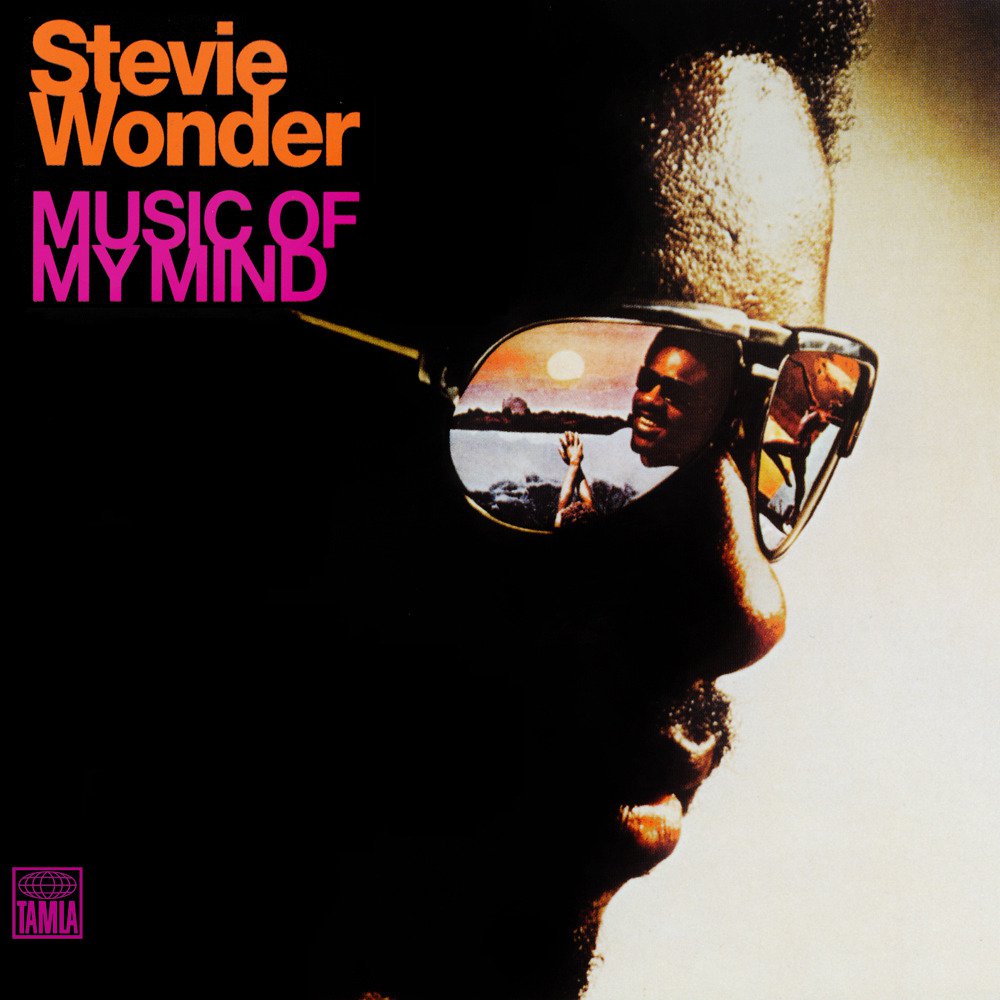
1972, 8/10
A more confident and focused Wonder released Music Of My Mind – it didn’t produce any major hits and it wasn’t a huge seller, but it’s more artistically satisfying than Where I’m Coming From. Instrumental to his success is his collaboration with the synthesizer pioneers Malcolm Cecil and Robert Margouleff, who were key in allowing Wonder access to new and revolutionary sound textures in his seventies records. With access to this technology, Wonder performed the Music of My Mind almost entirely solo.
The best and best-known song is the eight-minute ‘Superwoman’ with Buzz Feiten’s tasteful guitar leads; he’s almost the only outside musician to appear on the album. The album’s front-loaded – the upbeat and memorable pair of ‘Love Having You Around’ and ‘I Love Every Little Thing About You’ are also among the first three tracks – but the second side’s ‘Happier Than The Morning Sun’ is another major highlight. Wonder’s clavinet drives ‘Keep On Running’, but the song runs out of steam over its six minutes and could have been trimmed.
Music Of My Mind doesn’t quite feel like peak-era Stevie, but it’s another major step forward in his rapid artistic growth.
Syreeta (by Syreeta Wright)
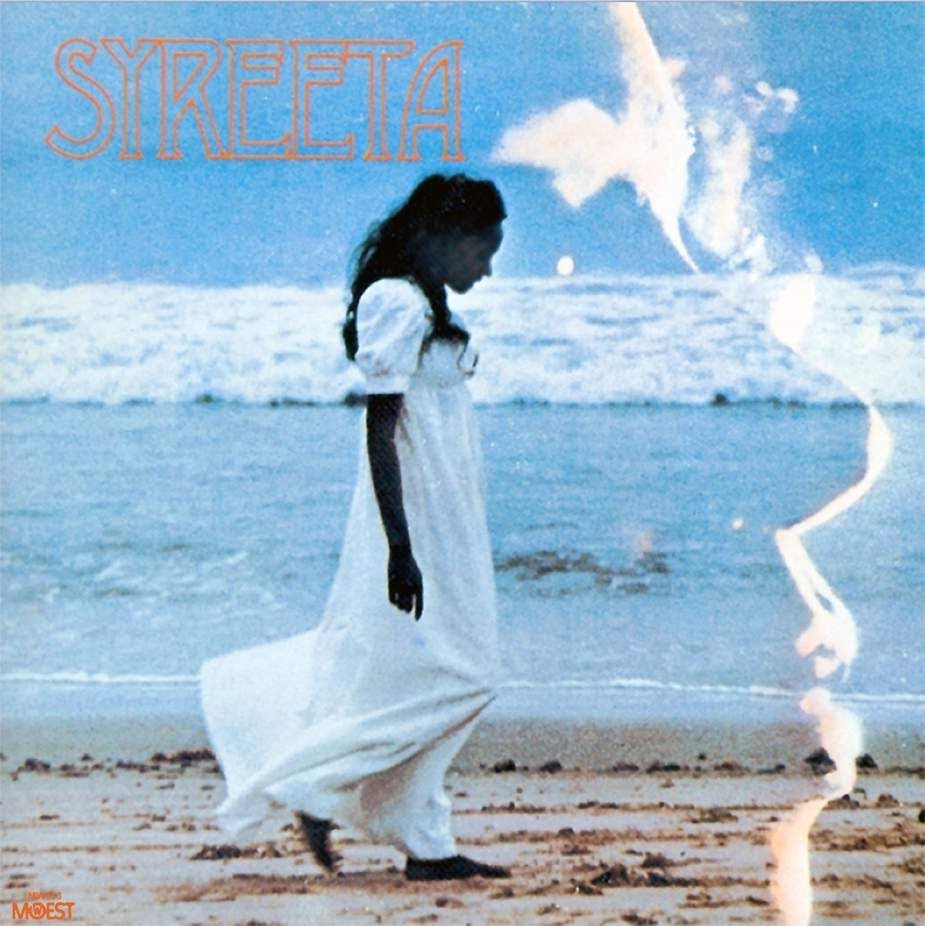
1972, 6.5/10
Not content with simply releasing his own ground breaking LPs, Stevie Wonder’s hobby was helping his former wife launch her own solo career. While Syreeta feels lightweight compared to Wonder’s contemporary albums, it very much feels like a lost Stevie Wonder album, with Cecil and Margouleff engineering, and Wonder collaborating on most of the songs, with audible backing vocals and keyboard parts. Wright’s a very able collaborator, with a strong voice.
Wright tackles ‘I Love Every Little Thing About You’ from Music Of My Mind, and also covers Smokey Robinson’s ‘What Love Has Joined Together’ and The Beatles’ ‘She’s Leaving Home’, with Stevie Wonder’s bizarre synthesized vocals replacing John Lennon’s Greek chorus. There are also some strong Wonder and Wright co-writes like ‘Baby Don’t You Let Me Lose This’ and the groove of ‘To Know You Is To Love You’.
If you adore Stevie Wonder’s golden period in the early to mid-1970s, Syreeta is a nice appendix to it.
Talking Book
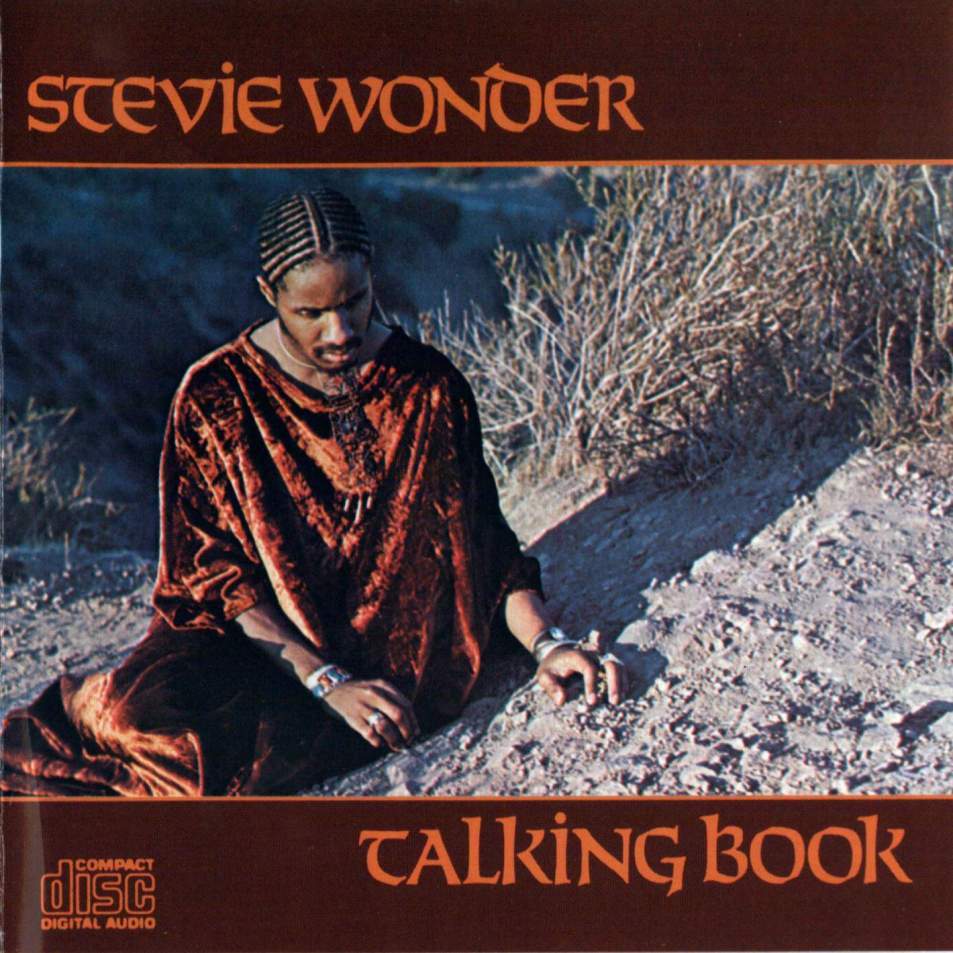
1972, 8/10
Talking Book established the adult Stevie Wonder as a star – the upbeat clavinet groove of ‘Superstition’ and the gentle ‘You Are The Sunshine Of My Life’ are two of his signature hits. It broke through to a white audience as well, reaching number three on the mainstream charts, after Wonder had increased his profile by opening for the Rolling Stones late in 1972. The success is understandable – it’s more approachable than Music Of My Mind, and there are more guest musicians to beef up the sound, notably Jeff Beck on the pretty ‘Lookin’ For Another Pure Love’.
My main quibble is with the lyrics; while they were never Wonder’s strength, they’re distracting here, especially the sentimental ‘You Are The Sunshine Of My Life’ and the didactic ‘Big Brother’. But it’s difficult to be too critical when Talking Book contains moments of transcendence like the beautiful ‘I Believe (When I Fall In Love It Will Be Forever)’, as well as the unstoppable ‘Superstition’ and the beautiful ‘Blame It On The Sun’.
It’s too inconsistent to be Wonder’s best work, but Talking Book has some of his best individual moments of brilliance.
Innervisions
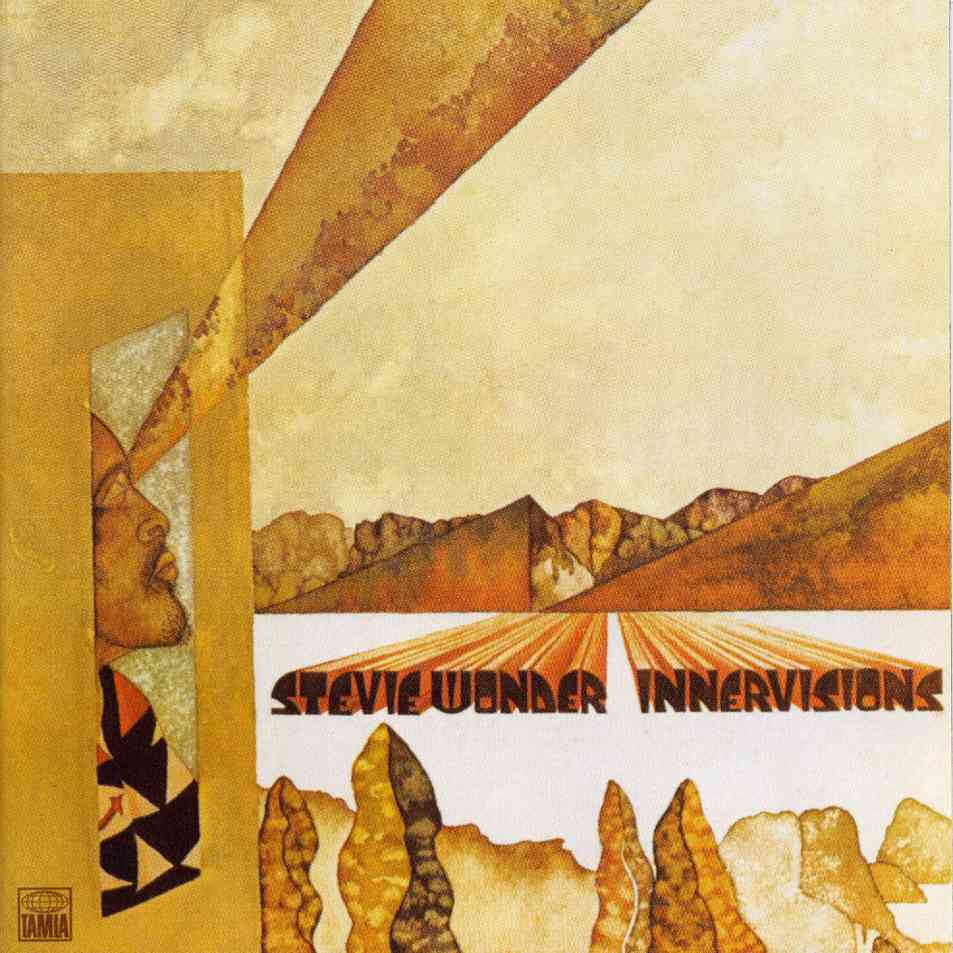
1973, 10/10
Wonder’s musical talent is undeniable, but on Innervisions he grasped a lyrical depth to match it. He’d dabbled with politics on the previous album’s ‘Big Brother’, but his thoughts are more coherent and mature here, such as the gritty ‘Livin’ For The City’. Musically it’s also more varied than Talking Book, but it’s the strong lyrics that raise the bar from his previous work.
The lengthy ‘Living For The City’ is the album’s centrepiece, with a powerful groove and poignant lyrics, and even the spoken section in the middle of the song works, and it’s powerful when Wonder’s huskier voice leads the final section. ‘Visions’ shimmers with lovely acoustic guitar work, while ‘All In Love is Fair’ features Wonder’s refined balladry devoid of sentimentality. ‘Golden Lady’ and ‘He’s Misstra Know-It-All’ canter behind confident piano grooves, while ‘Higher Ground’ and ‘Jesus Children of America’ are punchier.
Innervisions is a flat-out masterpiece without a single weak track, and astonishingly it’s not even my favourite Stevie Wonder album…
Stevie Wonder presents Syreeta (by Syreeta Wright)

1974, 8.5/10
If their first collaboration was a pleasant diversion, Stevie Wonder presents Syreeta is a minor classic. The same team is in place, with Wonder producing and writing and Cecil and Margouleff engineering, but the material is stronger and the sound is tougher.
There’s infectious poppy material like ‘Your Kiss Is Sweet’ and Spinnin’ And Spinnin”. ‘Cause We’ve Ended As Lovers’ is delicate, while ‘Universal Sound of the World’ sounds huge. ‘Just A Little Piece Of You’ is reminiscent of the subtle, hooky material on Wonder’s Fullfillingness’ Last Finale, while ‘I Wanna Be By Your Side’ is a beautiful duet between The Spinners’ G.C. Cameron and Syreeta.
If you’re a Stevie Wonder fan, Stevie Wonder presents Syreeta is essential listening, a fascinating appendix to his own work.
Fulfillingness’ First Finale
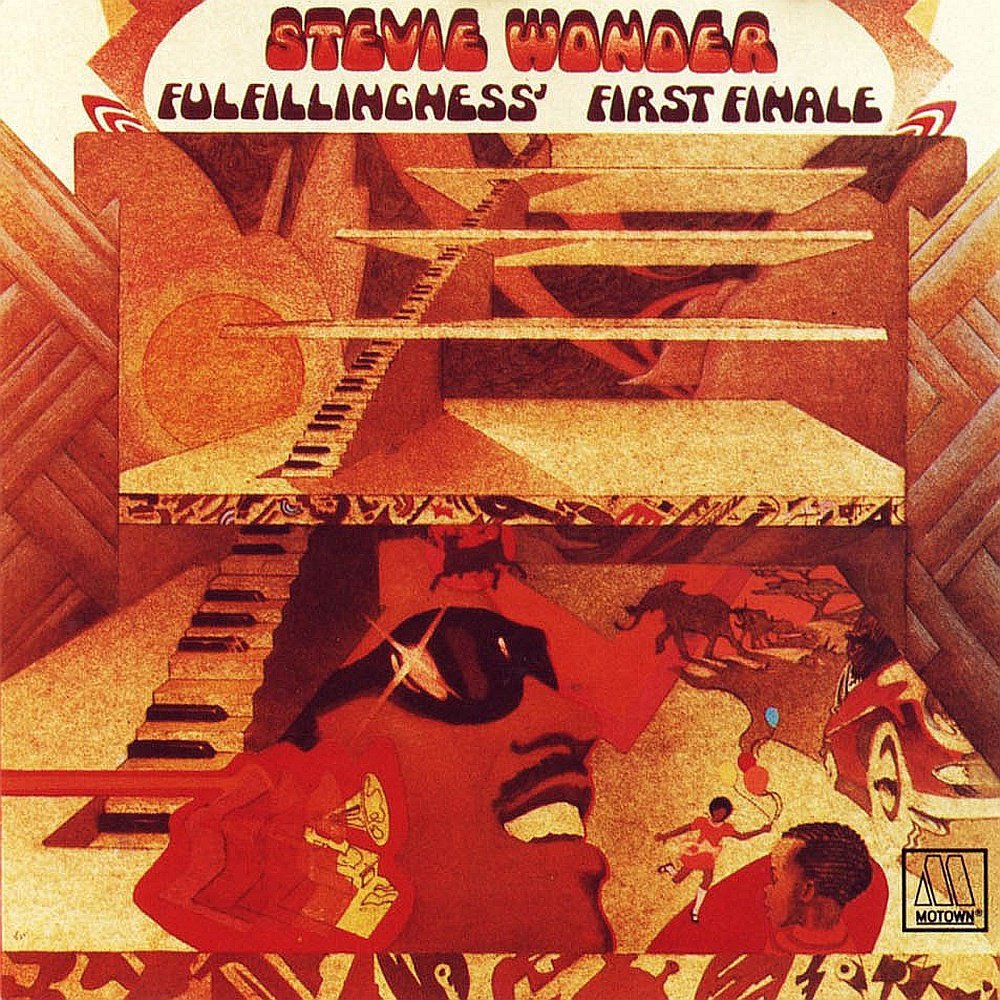
1973, 10/10
Three days after Innervisions was released, Wonder was involved in a serious car accident. He was fortunate to survive and went through a lengthy period of hospitalisation and rehabilitation. Perhaps unsurprisingly, the resulting Fulfillingness’ First Finale is a much more downbeat and personal album, with Wonder contemplating his mortality on ‘Heaven Is 10 Zillion Light Years Away’ and ‘They Won’t Go When I Go’. There’s still social commentary, with Wonder criticising the Nixon regime on ‘You Haven’t Done Nothin”, but most of the album is subdued. It gets somewhat overlooked between the twin peaks of Innervisions and Songs in the Key of Life, but it’s my pick as his finest work.
It’s less ambitious, but it still feels masterfully crafted, and even the straightforward R&B songs like ‘It Ain’t No Use’ and ‘Please Don’t Go’ are very strong. ‘They Won’t Go When I Go’ is bare and heartbreaking, while perhaps the most distinctive song is ‘Creepin” with its stripped down and unsettling groove. ‘Boogie On Reggae Woman’ still feels like a hit with its weird synth bass, as does ‘You Haven’t Done Nothin” with its clavinet line.
It’s the most subtle work from Wonder’s early 1970s peak, but Fulfillingness’ First Finale is Stevie’s Wonder’s finest album.
Songs in the Key of Life
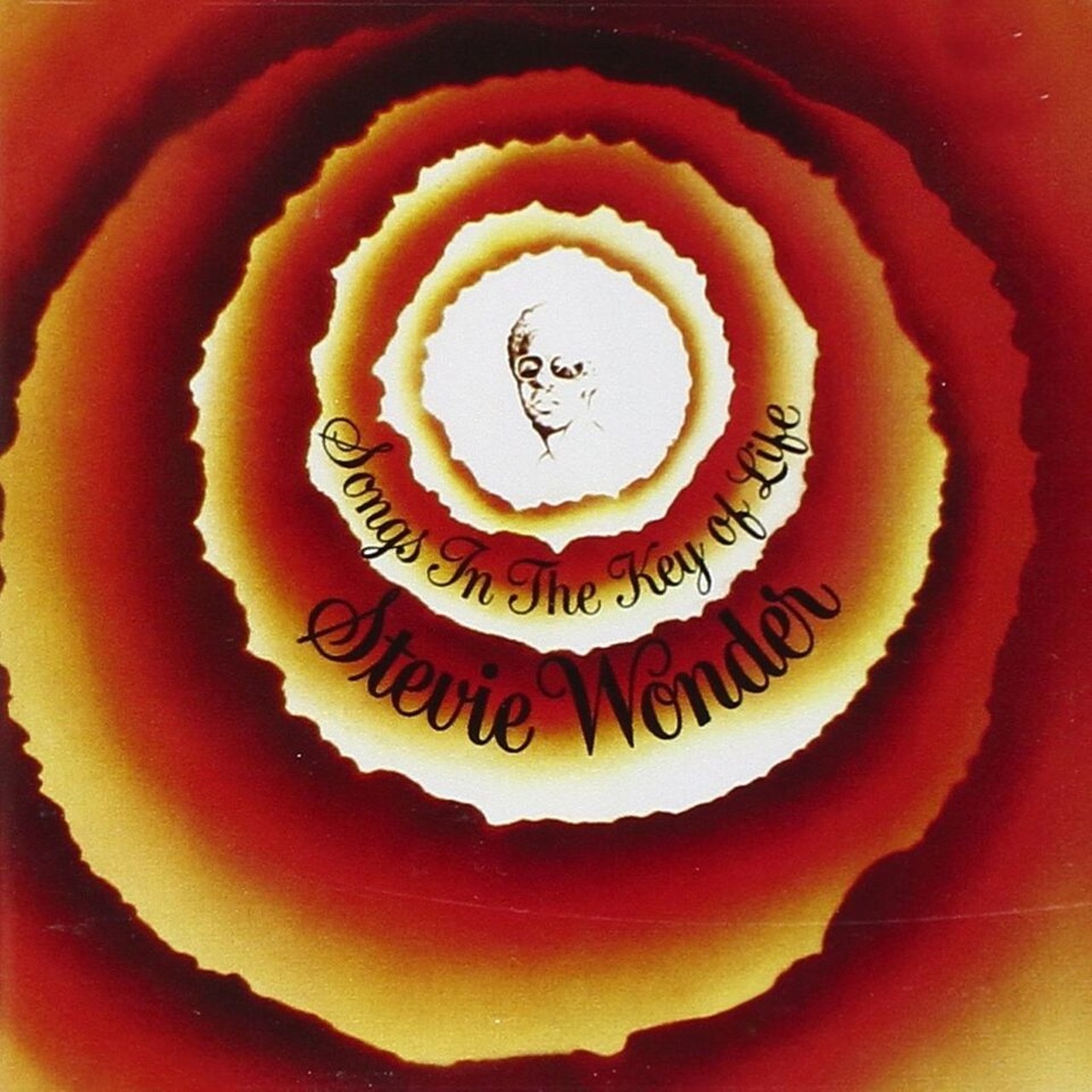
1976, 9/10
Songs in the Key of Life is the tiniest ounce less inspired than Wonder’s previous two albums, but it’s still an incredible tour de force. It’s amazingly long – clocking in a 1 hour and 45 minutes, it was originally packaged as two full albums with a bonus EP. According to his biography, Wonder’s entourage forced him to ditch his synthesiser engineers Cecil and Margouleff, so he was left to attempt a massive undertaking without a crucial part of his support team.
There’s very little filler for a double album – the first album is tangibly stronger than the second, and some of the tracks outstay their welcome, but those are minor quibbles. Like any good double album, there are lots of hidden treasures that only reveal themselves after plenty of listens; ‘Summer Soft’ and ‘Knocks Me Off My Feet’ are two of my favourite subtler pieces. Wonder covers plenty of stylistic ground; he nails jazz fusion with ‘Contusion’, ‘Easy Goin’ Evening’ is jazzy and relaxed, while ‘Saturn’ rides a gorgeous ascending melody. The singles are also strong, with the upbeat ‘Sir Duke’ and ‘I Wish’; ‘Isn’t She Lovely’ thrives despite its sentimentality, while Coolio remodelled ‘Pastime Paradise’ into a hit twenty years later.
It’s not flawless, but Songs in the Key of Life is an embarrassment of riches.
Stevie Wonder’s Journey Through The Secret Life of Plants
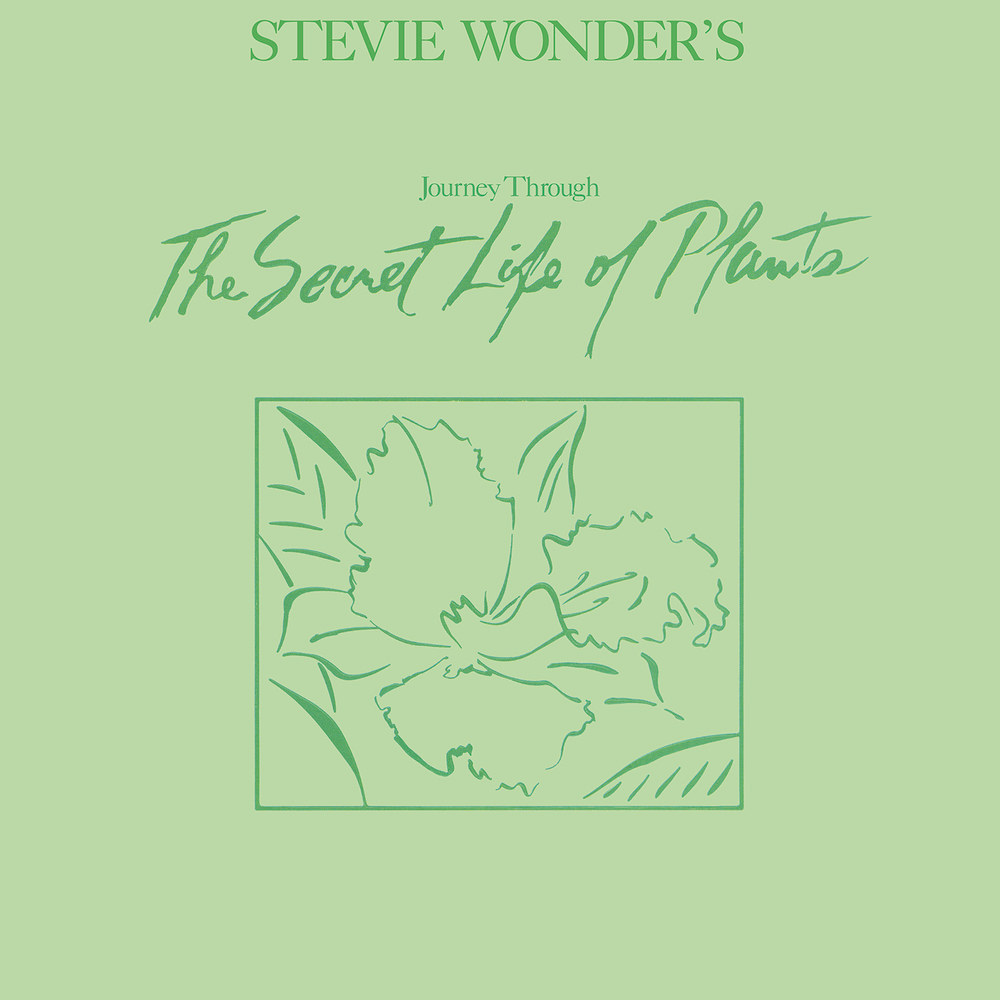
1979, not rated
I’ve never heard this. Another double album, it’s mostly instrumental and was considered a letdown after Songs in the Key of Life.
Hotter Than July
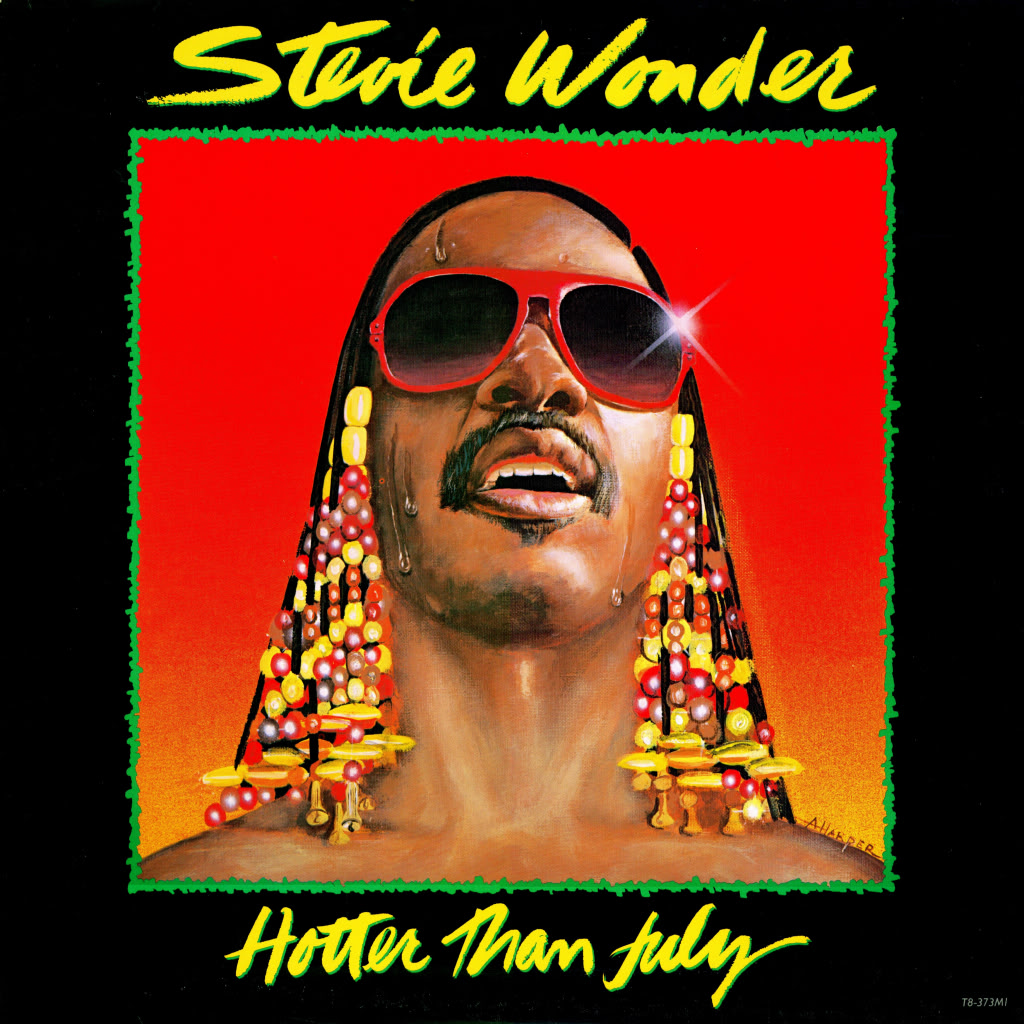
1980, 7/10
Wonder rebounded commercially from the disappointment of Plants, with the slick Hotter than July. The sonic experimentation is gone, the lyrics are mostly lightweight, and the songs are fun and melodic, but straightforward. Michael Jackson provides backing vocals on ‘All I Do’, a song that Wonder originally wrote it for Tammi Terrell back in 1966.
The two standouts are Wonder’s Bob Marley tribute, ‘Master Blaster (Jamming)’, with its reggae groove, and the beautiful ‘Lately’, a delicate piano ballad that stays on the correct side of sentimental. ‘Happy Birthday’ helped establish a Martin Luther King holiday in the US, while there are plenty of pleasant but unremarkable pop songs like ‘Rocket Love’ and ‘I Ain’t Gonna Stand For It’.
Hotter Than July marks the end of an era – Wonder’s still respectable here, but he’s less of a creative force and he’s only a few years away from ‘I Just Called To Say I Love You’ and ‘Ebony And Ivory’.
Stevie Wonder’s Original Musiquarium I
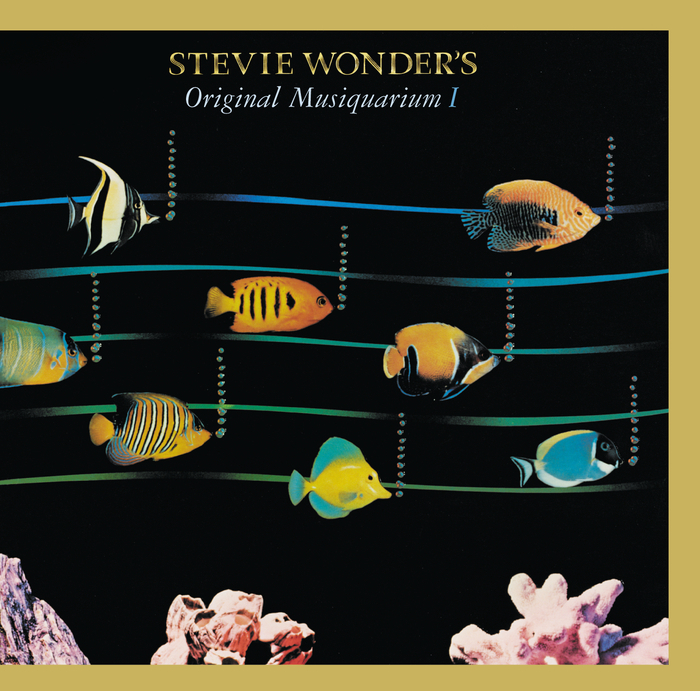
1982, not rated
Even though the material is almost uniformly brilliant, 12 songs to cover Wonder’s 1972-1980 classic period is very stingy, and it means great songs like ‘Golden Lady’ and ‘I Believe (When I Fall in Love It Will Be Forever)’ are omitted. But it’s interesting because it’s arranged thematically, and because of the presence of four new songs. The new songs are generally among the weaker on the album, but they’re still worth hearing, especially the lengthy jam ‘Do I Do’, featuring Dizzy Gillespie and the low-key R&B groove of ‘That Girl’.
Ten Favourite Stevie Wonder Songs
Livin’ For The City
I Believe (When I Fall In Love It Will Be Forever)
Creepin’
Superwoman
Saturn
Golden Lady
Superstition
It Ain’t No Use
Summer Soft
My Cherie Amour
Back to 1970s Album Reviews….
4 Comments
Leave a Reply
Related Pages
About
Aphoristic Album Reviews is almost entirely written by one person. It features album reviews and blog posts across a growing spectrum of popular music.
Review Pages
Read about the discographies of musical acts from the 1960s to the present day. Browse this site's review archives or enjoy these random selections:
Blog Posts
I add new blog posts to this website every week. Browse the archives or enjoy these random selections:
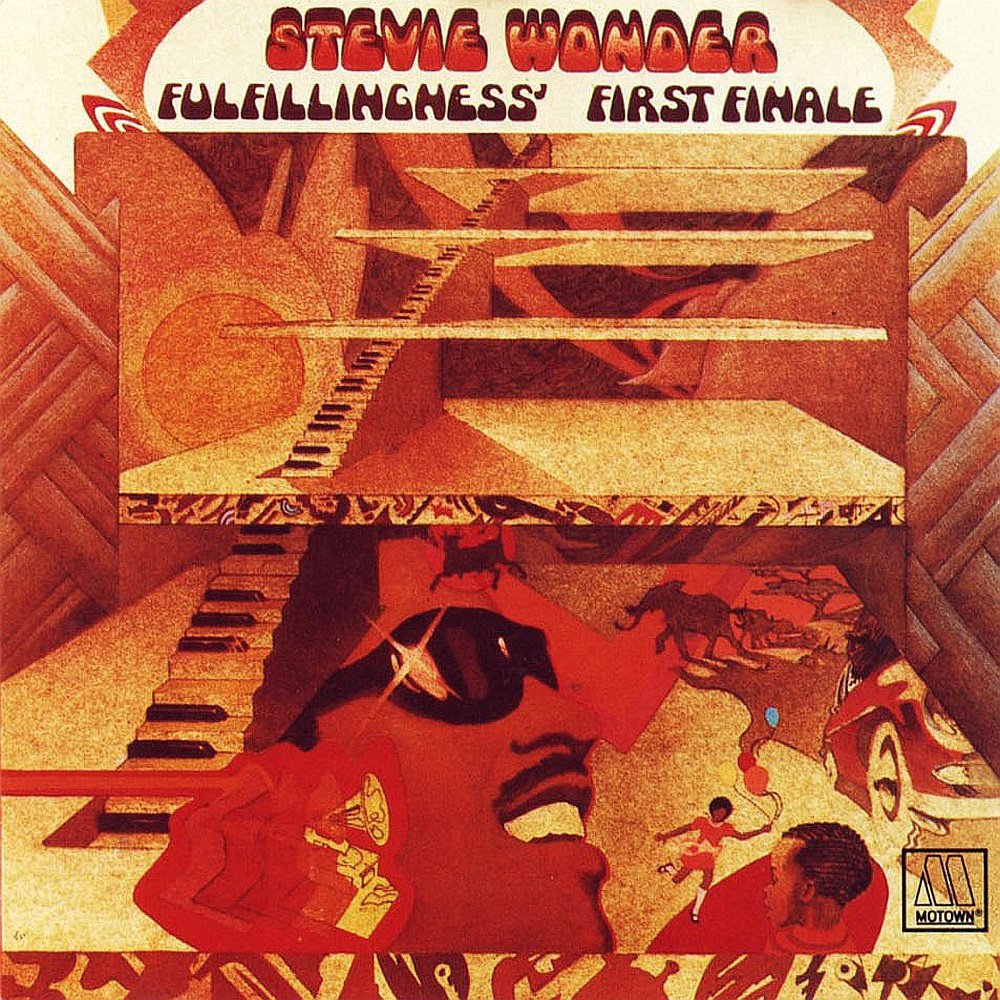

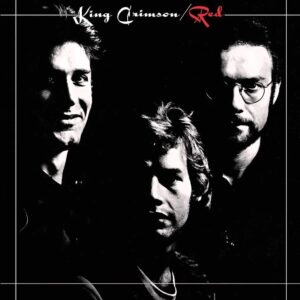

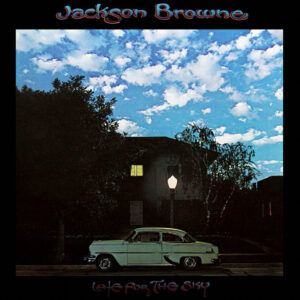
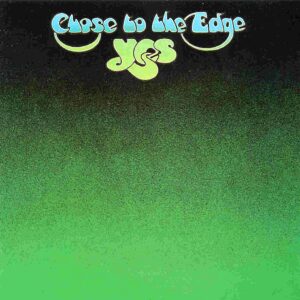
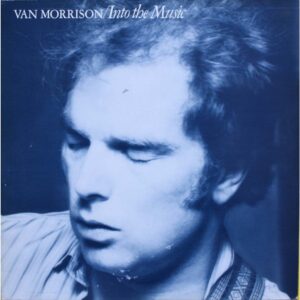

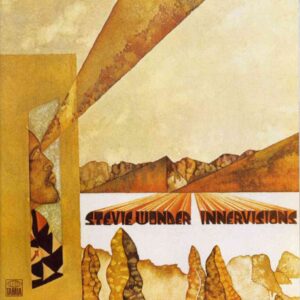


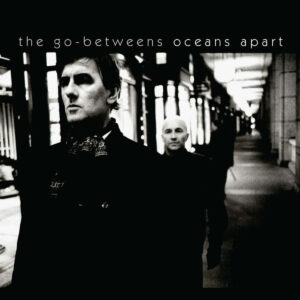
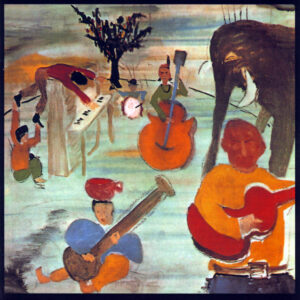

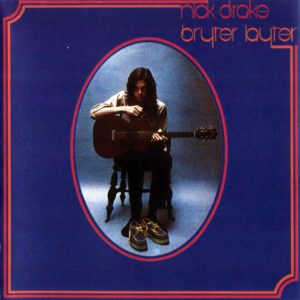
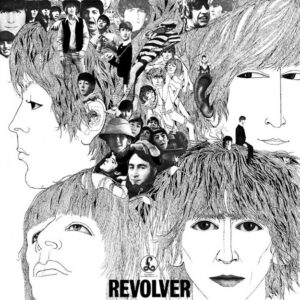
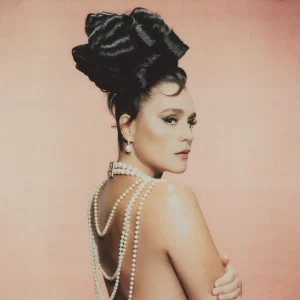


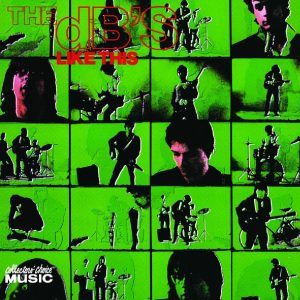





I love your honesty ..it makes the compliments all the more meaningful..Thank you great take..and I totally agree.
Higher Ground
Don’t You Worry About a Thing
Golden Lady
Superstition
My Cherie Amour
Yester-Me, Yester-You. Yesterday
Too High
He’s Misstra Know-it-all
I Ain’t Gonna Stand for It
All in Love is Fair
Superwoman
Good list. Nothing from Fulfillingness’ Final Finale?
I do like a few on Fulfillingness, but not enough to take the place of any of those other ones. Same thing with Songs in the key of life. There’s a few that I like but not more than the other ones.